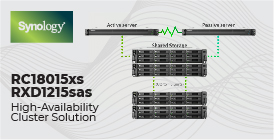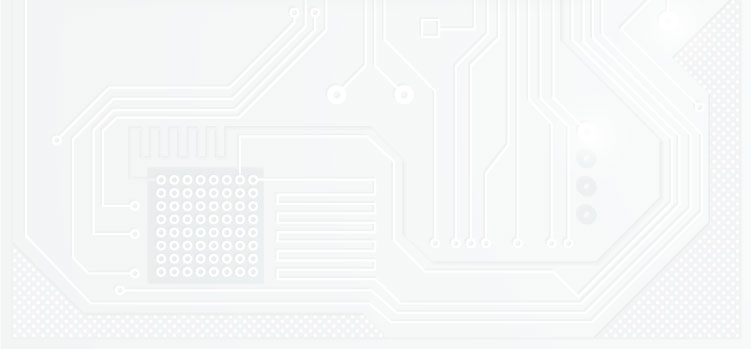Game without Limits Revolutionary new design with performance hybrid combines Performance-coreswith Efficient-cores, to enable you to chat, browse, stream, edit, record, and play. Alchemist GPU Play the latest DirectX12 Ultimate games at Ultra settings. Create Content high performance AI acceleration and full 8K media support. Intel® Iris Xe Graphics Powerful / efficient graphics / media (QSV) for 1080p gaming, AI-enhanced creation, and immersive entertainment Delivering superior performance where you need it most Built-in intelligence can save you time, while enriching your computing experience.Enjoy features like noise suppression while collaborating, automated text, image and audio improvements while creating, and system optimization for bandwidth and video resolution while gaming on the go. The BIOS of GIGABYTE BRIX Mini PC Features TPM 2.0 Function to Support Windows 11 Upgrade Select Intel® and AMD models can pass the OS upgrade verification by BIOS setting. Windows 11 is the latest operating system from Microsoft®, and features dozens of exciting new functions and Android APP support to effectively improve productivity, system security, and gaming performance. However, most of the users might be confusing that Windows 11 requires TPM 2.0 support means they need a TPM module on board for Windows 11 upgrade. In fact, TPM 2.0 hardware is not a must to pass TPM 2.0 verification. GIGABYTE BRIX mini-PCs are not only known for their world-renowned durability, but also play a leading role in product design, especially when it comes to the TPM 2.0 support in the BIOS. Lots of GIGABYTE Intel® and AMD BRIX Mini PCs can pass the TPM 2.0 verification of the Windows 11 by simply enabling the TPM-related function in the BIOS, on which Intel® based chipset (11th Gen Core i / 10th Gen Core i processor) and above platforms will be featured firmware based fTPM function, and on the AMD models will loaded with hardware TPM chip. By this advanced BIOS setting, GIGABYTE BRIX min-PC can pass the TPM 2.0 verification of Windows 11 to prevent TPM 2.0 support becoming an issue to users during their system upgrade.











